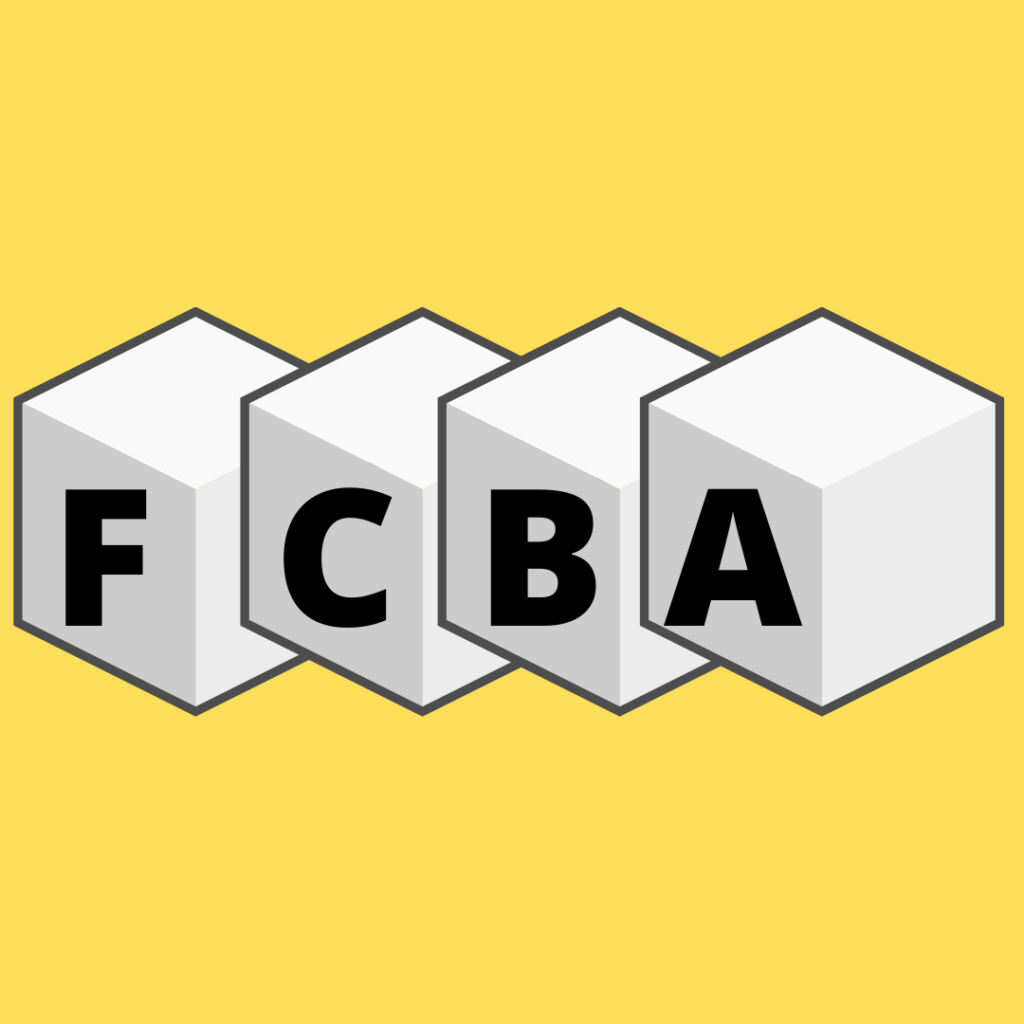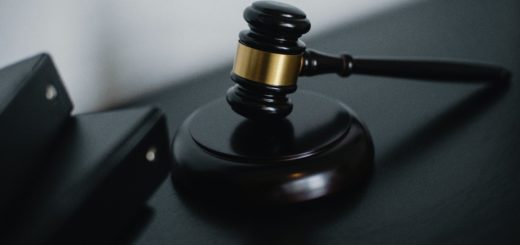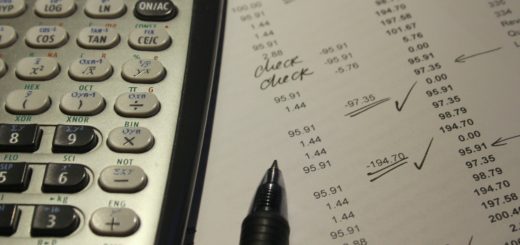Use The Fair Credit Billing Act (FCBA) To Your Advantage

It takes a little patience and knowledge of the dispute settlement procedures provided by the Fair Credit Billing Act (FCBA), but you can use this law to your advantage.
Has your credit card company ever charged you twice for the same item or failed to credit a payment to your account? While frustrating, these errors can be corrected.
The law applies to both “open end” credit accounts (credit cards) and revolving charge accounts (department store accounts). It does not cover installment contracts, such as loans, or extensions of credit you repay on a fixed schedule. Consumers often buy cars, furniture and major appliances on an installment basis, and repay personal loans in installments as well.
What types of disputes are covered?
The FCBA settlement procedures apply only to disputes about “billing errors.” For example:
- Unauthorized charges-federal law limits your responsibility for unauthorized charges to $50
- Charges that list the wrong date or amount
- Charges for goods and services you didn’t accept or weren’t delivered as agreed
- Math errors
- Failure to post payments and other credits, such as returns
- Failure to send bills to your current address – provided the creditor receives your change of address, in writing, at least 20 days before the billing period ends
- Charges for which you ask for an explanation or written proof of purchase along with a claimed error or request for clarification.
How do you start a dispute?
To take advantage of the FCBA law’s consumer protections, you must:
- write to the creditor at the address given for “billing inquiries,” not the address for sending your payments, and include your name, address, account number and a description of the billing error.
- send your letter so that it reaches the creditor within 60 days after the first bill containing the error was mailed to you.
Send your letter by certified mail, return receipt requested, so you have proof of what the creditor received. Include copies (not originals) of sales slips or other documents that support your position. Keep a copy of your dispute letter.
The creditor must acknowledge your complaint in writing within 30 days after receiving it, unless the problem has been resolved. The creditor must resolve the dispute within two billing cycles (but not more than 90 days) after receiving your letter.
What happens while my bill is in dispute?
You may withhold payment on the disputed amount, and related charges, during the investigation. You must pay any part of the bill not in question, including finance charges on the undisputed amount.
The creditor may not take any legal or other action to collect the disputed amount and related charges, including finance charges, during the investigation. While your account cannot be closed or restricted, the disputed amount may be applied against your credit limit.
Will my credit rating be affected?
The creditor may not threaten your credit rating or report you as delinquent while your bill is in dispute. However, the creditor may report that you are challenging your bill. In addition, the Equal Credit Opportunity Act prohibits creditors from discriminating against credit applicants who exercise their rights, in good faith, under the FCBA. Simply put, you cannot be denied credit simply because you’ve disputed a bill.
Understanding how the FCBA works will be to your advantage for as long as your carry credit!




